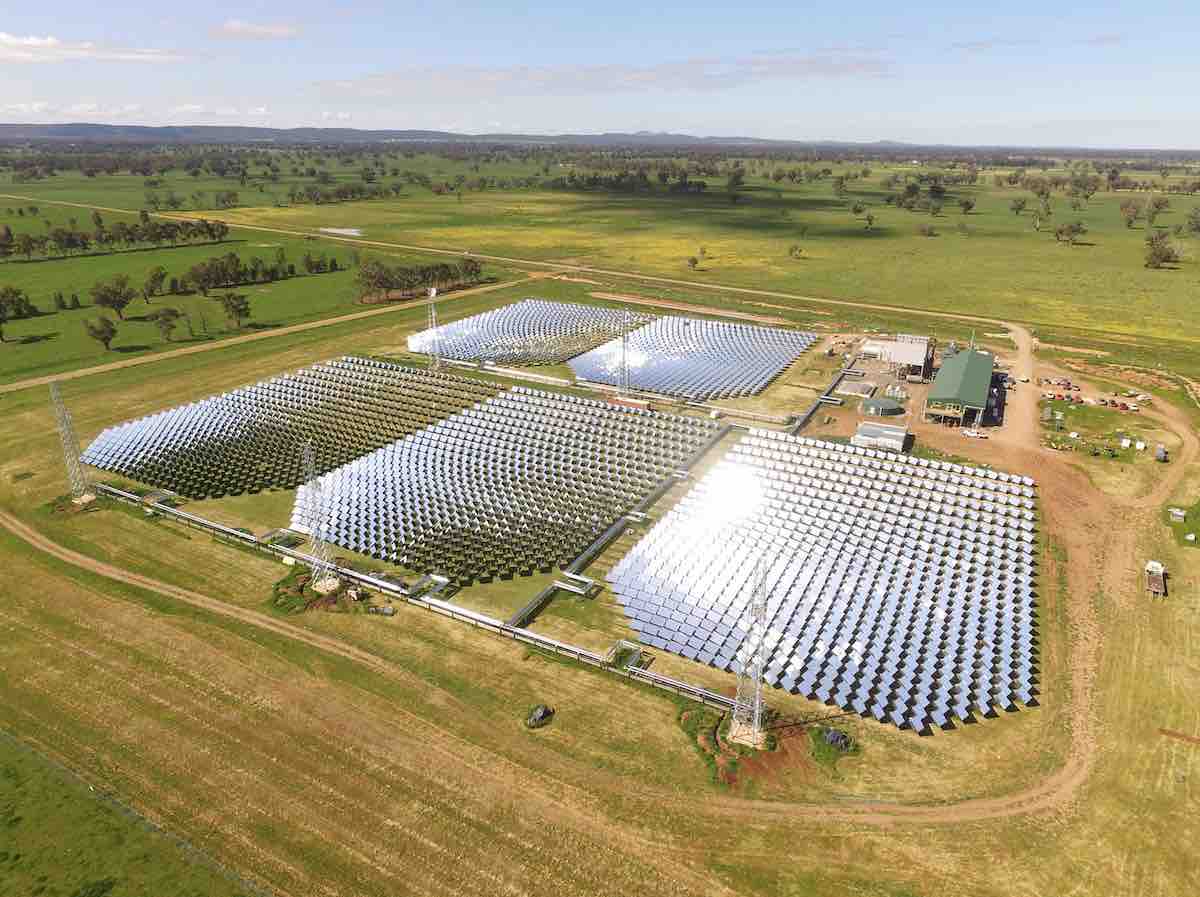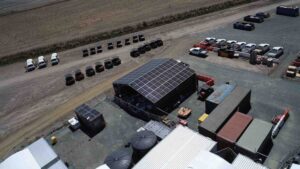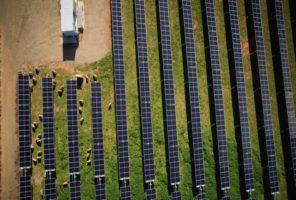Australia’s Vast Solar is part of a consortium that will receive $US2.3 million from the US government to develop next generation concentrated solar thermal power (CSP) technology to help cut emissions at big industrial sites.
The funding comes as Vast Solar eyes potential CPS projects – which rely on mirrors to concentrate sunlight onto a receiver – in the US on the back of the introduction Inflation Reduction Act; wide-ranging legislation that includes incentives to help companies tackle climate change and increase investments in renewable energy.
The funding is part of $US24 million in grants awarded recently by the US Department of Energy to advance CSP technologies, which use solar energy to generate heat for electricity production and industrial processing.
US IRA policy a “game changer” for solar thermal.
Vast Solar CEO Craig Wood says the Inflation Reduction Act “changes the game for CSP” in the US.
“We expect to see rapid deployment of plants in sunny states throughout the USA, helping the country achieve its decarbonisation goals,” he said.
Wood told RenewEconomy that while CSP technology has played a minor role in the US energy mix since the 1980s, the Inflation Reduction Act signed into law in mid August had “altered the economic equation into the now” and pushed forward the timeline for large scale uptake from the 2030s to the present.
Wood’s comments are in line with a report in September by Credit Suisse predicting the act “will have a profound effect across industries in the next decade and beyond.
For its part, Vast Solar’s CSP technology aims to generate clean, low-cost, dispatchable power by capturing and storing the sun’s energy during the day to be used to generate industrial process heat and electricity at night.
In Australia, the technology is scheduled for deployment at Vast Solar’s 30MW utility scale power plant in Port Augusta, South Australia. A 50MW baseload solar hybrid plant is also under development by the company in Mount Isa, Queensland.
The $US2.3 grant from the United States will go to a consortium led by Solar Dynamics that includes Vast Solar to develop and test designs of molten salt thermal energy storage tanks.
Strengthening the tanks will improve the performance of CSP plants, which are one of a handful of proven long-duration storage technologies, considered critical to decarbonising electricity production and industrial process heat.
Solving the problem of overnight power.
“Our Australian-made CSP technology generates clean, low-cost, dispatchable power,” Wood said recently on LinkedIn.
“[It] is cheaper than coal and gas and, with storage of more than 12 hours, it is one of few technologies that can solve the issue of overnight power.”
In the same LinkedIn post, Wood says Vast Solar is committed to manufacturing its CSP technology in Australia, but stresses that doing so is “not cheap or easy.”
“Support from state and federal governments is key to delivering high-tech manufacturing jobs and producing renewable technology for the local and international markets at competitive prices,” Wood says.
“Solar-thermal technologies provide us with a significant opportunity to upgrade and reduce emissions of industrial plants across the nation while meeting America’s energy needs with reliable, around the clock power generation, said US secretary of energy Jennifer Granholm.
CSP technologies can also be applied to deliver heat to a variety of industrial applications, like water desalination, food processing, chemical production, and mineral processing.
CSP technology holds strong support with Climate Change and Energy Minister Chris Bowen’s office, according to Wood. He expects uptake of CSP in Australia’s energy sector should rise in step with the decline in the availability of coal and gas-generated power nationally.









